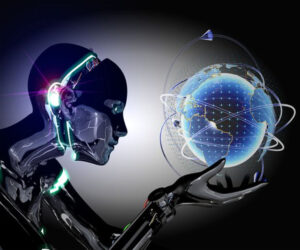Is AI a panacea or a Pandora’s box? It’s a question that divides the British government. Ask the deputy prime minister, Oliver Dowden, and he’ll fill your ears with promises about a glorious future. AI is a “game-changer” that can “revolutionise public services,” Dowden gushed yesterday. Healthcare, education, and crime prevention are all prime targets for the technological transformation — and that’s just the start.
“I could go on nearly forever to cover all areas of public administration,” Dowden threatened. “Because there are very few areas of the public sector that don’t have the potential to be enhanced by these tools.” And that’s merely one of the deputy PM’s automation dreams. “AI is potentially — and I don’t say this lightly,” he claimed, “— a silver bullet.” AI offers several advantages for developing countries like Ethiopia in so many aspects such as, Economic Growth: AI can drive economic growth by boosting productivity. It can enable industries to become more efficient, automate processes, and optimize resource allocation.
Healthcare Improvements: AI can enhance healthcare services in developing countries by enabling accurate diagnosis, improving disease surveillance, and supporting telemedicine initiatives. It can help address resource shortages and deliver quality healthcare to remote and underserved areas.
Agriculture and Food Security: AI technologies, such as precision agriculture and crop monitoring systems, can assist farmers in optimizing agricultural practices, increasing yields, and mitigating the impact of climate change. This can contribute to improved food security and reduced poverty.




